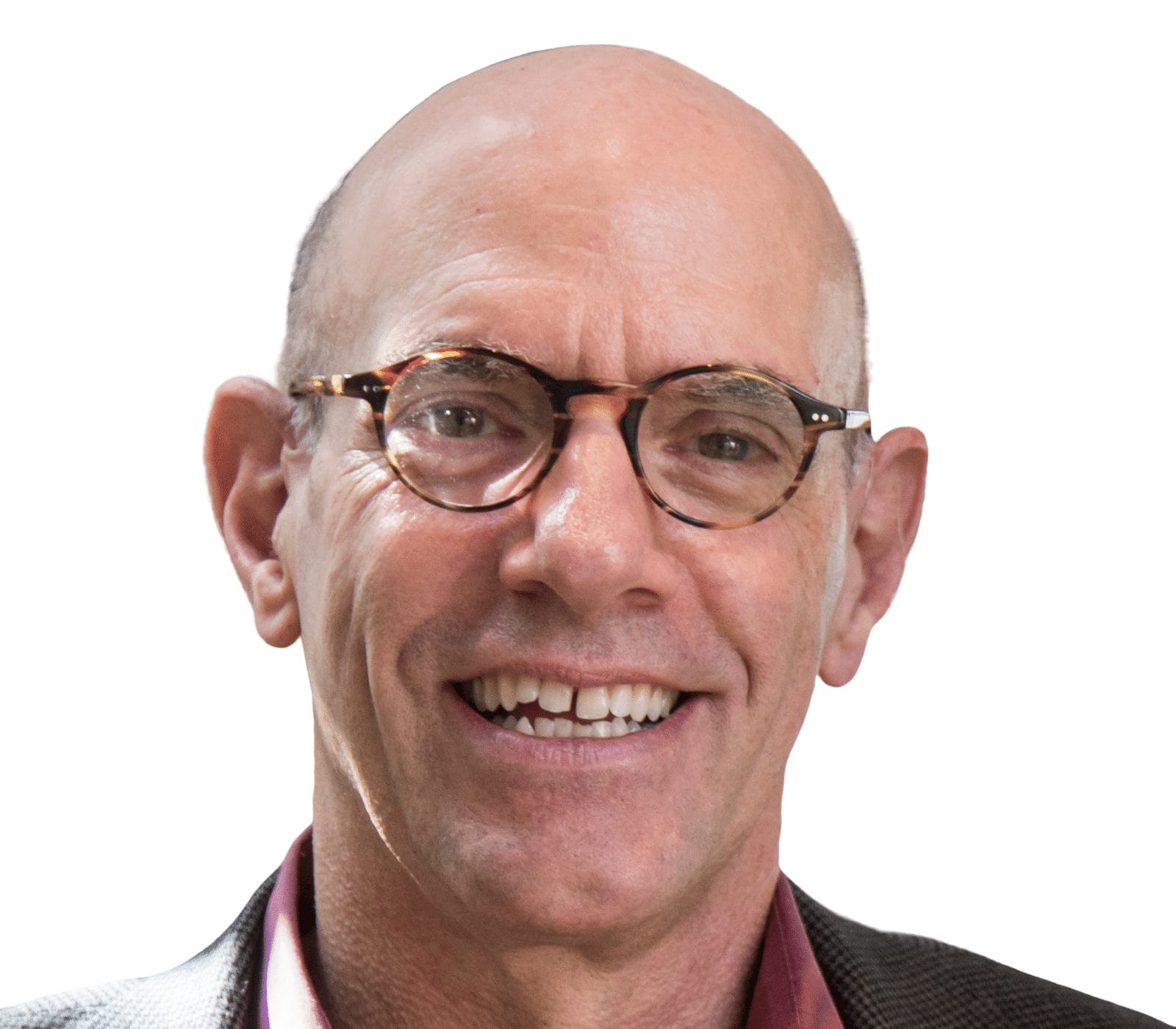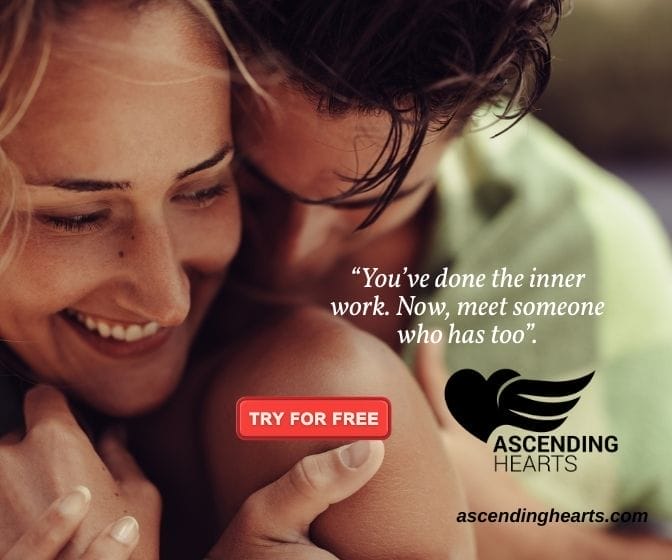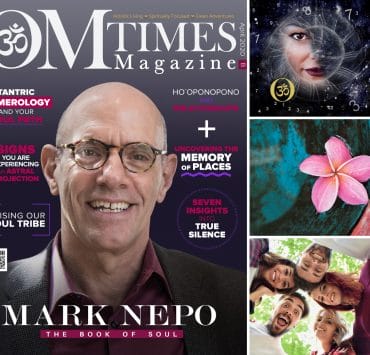Mark Nepo – The Book of Soul

When I can be present, then all other things start to flow because when I’m present, I see differently, I hear differently, I know differently. And that gives me different choices and different tools and different resources. When I’m absent, I’m often absent out of fear. You know, we’re at a party, I’m just meeting you, and you turn out to be someone who’s very biting and sarcastic. And my first instinct is, “Well, I’m not playing.” This happened to me years ago, which helped me make this distinction. I thought that I was removing myself from the situation when I was vanishing.
There’s a big difference. Removing yourself from a hurtful situation or a dangerous situation is like moving yourself back beyond the reach of the leash of a vicious dog. This remedy is simple. You are not hiding but taking who you are elsewhere. But there’s an important difference between making our self inaccessible to cruelty or harshness or danger and hiding. Because hiding limits us. Hiding leaves, us at an even greater disadvantage. For when we hide, we are empowering what we are afraid of so much that we cut off our direct connection to the life around us. We eventually need to go back to tie these things together, so we can return to what we stand on. And only when we are clear on what we stand on can, we see what’s possible and what’s available.
JUSTINE WILLIS TOMS: I’m wondering if a form of retaliation can also be a form of hiding. Like the person, you described who was sarcastic and mean-spirited. Sometimes we withdraw or sometimes we engage. I’m reminded of hearing a man years ago talk at a conference. I remember when someone asked him a question, he severely put that person down. He just slammed that person about how stupid their question was. Later, he realized that his response was about himself and his inability to share at that moment truly.
MARK NEPO: Oh, absolutely. When we’re vulnerable and don’t have a sense of foundation, it’s easy to become afraid that we won’t be accepted for who we are. So, sometimes, we lash out before someone can get to us. We think I’ll get to them first. I’ll make a lot of noise. I’ll make a storm of distraction. This seems to be how Donald Trump’s personality works. And this is why it’s so important to find solid ground. For the more that we are standing on what is true, the more we can listen, the more we can care.
There’s a great paradox about the self. We all must have a self to be here. For the self is the direct way that I experience life. Not through you, not through my parents, not through what someone tells me, but how I directly experience life. Yet if all I’m left with is me, oh, brother! Life paradoxically is so much more than just me or you, and this is why we need each other. One of the purposes of having a strong central sense of self is so that I can receive all that I am not. Because together we are complete, and so there is this paradox that the more I can be who I am, the more I am open to all that I am not.
JUSTINE WILLIS TOMS: You often talk about the inner teacher and say that inner work is not a refuge, rather more like taking time out to see more deeply. You have used whales and dolphins as metaphors for this.
MARK NEPO: Yes, whales and dolphins are great teachers for us. We often take them for granted. These great mammoth beings are air-breathing creatures that live in water. And because they’re so big and mammoth, they can hold their breath for a long time. On the one hand, they have to be in the deep. Their bodies have to literally be immersed in water and depth so that they can stay vital. If they stay out of water too long, they’ll die. On the other hand, they can’t stay in the deep too long because they have to breach the surface to breathe.
So, the question isn’t whether you will spend time in the deep or the world. Like whales and dolphins, we all dive into the deep, and then we rise to be in the world, over and over, again and again. The question is one of personal spiritual knowledge: How do you determine what your rhythm is? Are you spending too much time in the deep or too much time in the world? What do you do to balance your life?
It’s not that things don’t need to be tended to in the world, but if we’re only living in the circumstances, the tangle of relationships, the practical needs, we won’t have the depth to keep us vital. And therefore, our eyes dry out, our tongue dries out, our ears dry out and we no longer have access to all the best choices. So, we have to go back into the deep, whatever that means for each of us. But we can’t hide there either. As much as you would want to stay in-depth, as much as you might love the depth, you’ll drown if you stay because you partake of the deep, you are not deep.
JUSTINE WILLIS TOMS: There’s a story in The Book of Soul about a Japanese dog, and when I read it, I just burst into tears.
MARK NEPO: Yes, Hachiko is an illustration of incredible devotion, thoroughness, and the wholeheartedness that we often learn from animals. Because we are both simplistic and complicated, our complication often keeps us from our true nature, and animals remind us of our true nature. Hachiko was an Akita dog who lived in the 1930s with a professor in Tokyo. Hachiko would come and meet him at the Shibuya rail station every day on his way home. But one day, the professor had a brain hemorrhage, and he died. So, of course, he didn’t show up. Yet Hachiko went to the station and waited, every day, for nine years, for the rest of his life. He became the communal dog of Tokyo and everyone around that station would leave food for him. Finally, one day, Hachiko died right on the spot where he always waited for the professor. The people of Tokyo created a statue of Hachiko on that very spot where he waited all those years. Now everyone pets the statue, and there’s a patina from where everyone keeps petting Hachiko.
This story is told as an example of great love and affection. I included it in the new book because this is isn’t just a moral character that we can check off. Hachiko lived the fullest life possible because he held nothing back—that’s why I put it there.
I have an old friend, one of my very first publishers, a Native American elder, Joseph Bruchac, a great storyteller himself. I noticed that so many Native American stories involve animals. When I asked him about this, he said, “Well, it’s because the Great Spirit knew the wisdom of animals. And since human beings are the only creatures who forget their original instructions, animals remind us to live a full life by holding nothing back.”
The reward for our belief in life—not belief in a doctrine, not in a principle, not in a deity—is to believe in life the way Hachiko believed by holding nothing back because that’s what a dog does. Well, that’s also what a human does, what a soul in a body on Earth does. Unless we cloud ourselves from knowing what we’re standing on, from knowing what is true and foundational. But when we can be thorough and hold nothing back, the reward is that we are as alive as we can possibly be.
JUSTINE WILLIS TOMS: This offers so much optimism in this challenging time when the news manipulates us to be in that fearful place. I believe the Dalai Lama said that as long as we continue to be kind and keep our distance from heartless actions, then we’re okay because these dispassionate responses are not part of our true nature. That’s kind of what you’re saying, isn’t it?
MARK NEPO: I feel that through Trumpism and everything that’s happening globally, there is this stridency, this return to fear and isolation. This has happened before in history. I note this, not to minimize what’s happening now. It’s very painful, and it’s very difficult, it’s maddening. But now, it’s our turn not to vanish. It’s our turn to show up like Hachiko at whatever station we’re called to again and again and again. It’s our job to save each other from falling in the well. It’s our turn to surmount heartlessness, in ourselves and in others. And the reward isn’t just altruism, and the reward is that we get to inhabit the fullest life possible by giving of ourselves. I’ve come to learn that there’s a certain aspect of coming alive that happens when I give, especially when I think I don’t have any more to give. Profoundly and mysteriously, it’s incredible that the heart is breakable, and paradoxically it’s unbreakable. It will break, but it will always reform. It will break, and it will always get bigger, larger, gentler, more loving, and it will incorporate more before it becomes whole again.
JUSTINE WILLIS TOMS: That’s beautiful. Thank you for leaving us with that thought because it’s so encouraging in these times. Thank you so much, Mark.
MARK NEPO: Oh, a joy. A joy.
P. S. from Justine Willis Toms: I wanted to close my time with Mark in San Francisco, by asking him to share with us a favorite quote of his and tell us how it inspires him. I hope you enjoy it!
MARK NEPO: I love this quote from the great Persian poet Rumi: “Weep and then smile, don’t pretend to know something you haven’t experienced.” I love this because of the sheer authenticity of it that it permits us and encourages us that who we are is more than enough, and that we don’t have to pretend to be anything.
Connect with Mark Nepo at MarkNepo.com & ThreeIntentions.com
You will also enjoy Mark Nepo: The Power and the Spirit of Community
About the Interviewer
Justine Willis Toms, D.H.L., is the Co-founder, Creative Producer, and Host of New Dimensions Radio. She is the co-author of True Work: Doing What You Love and Loving What You Do and Small Pleasures: Finding Grace in a Chaotic World.
OMTimes Magazine is one of the leading on-line content providers of positivity, wellness and personal empowerment. OMTimes Magazine - Co-Creating a More Conscious Reality






